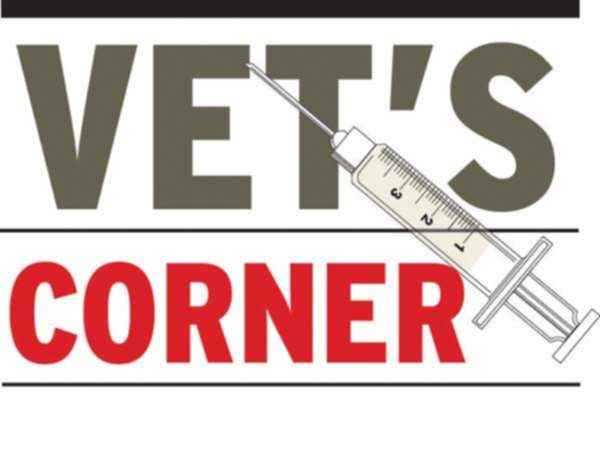Now that calving is getting into full swing, it is most important to address calf health.
Keeping calves alive starts with the calving environment. Cows should calve down in a clean and dry bed and the calf’s navel should be disinfected as soon as possible after birth.
Next, the calf should get a good feed of fresh colostrum within an hour of birth. The calf does not get any antibodies while in the womb and so is totally dependent on colostrum, containing antibodies to infections that are on the farm, as the cow’s immune system will have been exposed to those infections and responded by manufacturing the antibodies.
The calf loses the ability to absorb colostrum and after about six hours can absorb very little. If vaccination of the cow for scour has been used, then the only way the vaccine can act is by enriching the colostrum.
In dairy herds, this is probably best done by stomach tube, as in many cases the calf will be removed quickly from the cow to prevent possible infection with Johne’s disease.
The most common calf disease in the first weeks is scour. Scour has several causes, so in the event of a scour problem, the first and most important thing is to identify the cause. Your vet will be able to do a quick test to do this.
Treating scours without knowing the cause is a waste of time; in my practice over sixty percent of scours are caused by cryptosporidia, in which case antibiotics are both useless and waste. Electrolyte solutions are always useful and milk feeding should be continued. In severe cases where the calf becomes very listless and maybe recumbent, then intravenous electrolyte is the only answer.
In some dairy herds when bull calves are a poor price, some farmers have not bothered to treat them, rather concentrating on the heifers. This is a very bad policy as the untreated calves will only act as a factory for producing disease.
Other calf diseases to look out for are Joint ill, diphtheria and pneumonia.
Pneumonia is generally a problem in the second month, and if such a problem exists then ventilation should be looked at and the possibility of using vaccination should be discussed with your vet.
* Fintan Graham is principal of a three vet practice in Mountrath, Co Laois






 This is a subscriber-only article
This is a subscriber-only article









SHARING OPTIONS: